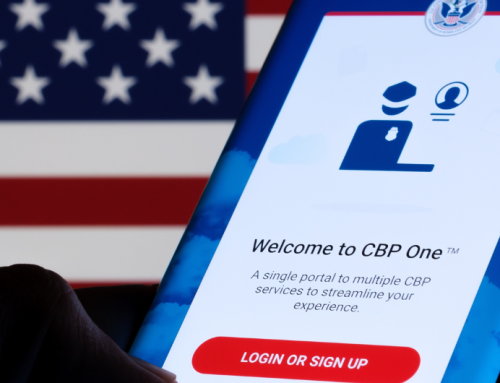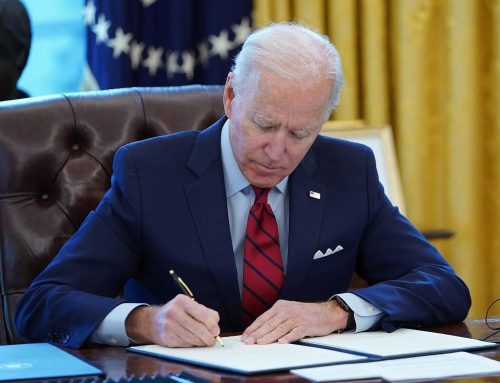Family-Sponsored Green Card. Eligibility Requirements
As immigration experts, we deeply understand the importance of family unity and the desire to live together in the United States. One of the opportunities to achieve this is through Family-based Immigration. This blog will discuss the eligibility requirements for obtaining a family-sponsored Green Card, helping you understand the process and navigate the complexities of U.S. immigration law.
- Relationship Categories:
Family-sponsored Green Cards are primarily divided into two categories: immediate relatives and family preference categories. Let’s explore each of these in detail:
Immediate Relatives:
Immediate relatives of U.S. citizens are given the highest priority for family-sponsored Green Cards. The following relationships fall under this category:
- Spouses of U.S. citizens
- Unmarried children (under 21) of U.S. citizens
- Parents of U.S. citizens (if the petitioner is at least 21 years old)
Family Preference Categories:
In addition to immediate relatives, certain family members fall under the family preference categories. These categories have numerical limitations, meaning that a limited number of Green Cards are available each year. The family preference categories include:
- F1 – Unmarried sons and daughters (over 21) of U.S. citizens
- F2A – Spouses and unmarried children (under 21) of lawful permanent residents
- F2B – Unmarried sons and daughters (over 21) of lawful permanent residents
- F3 – Married sons and daughters of U.S. citizens
- F4 – Siblings of U.S. citizens (if the petitioner is at least 21 years old)
- Petitioner’s U.S. Citizenship or Green Card Status:
To be eligible for a family-sponsored Green Card, the petitioner (U.S. citizen or Green Card holder) must have a qualifying relationship with the intending immigrant. The petitioner’s immigration status and relationship with the intending immigrant will determine the appropriate family-sponsored category.
- Sponsor’s Financial Responsibility:
The sponsor, who is typically the petitioner, must meet certain financial requirements to demonstrate their ability to financially support the intending immigrant. The sponsor must sign Form I-864, Affidavit of Support and provide evidence of their income and assets to prove that the intending immigrant will not become a public charge.
- Priority Dates and Visa Availability:
Family-sponsored Green Cards are subject to visa availability based on the intending immigrant’s preference category and country of origin. The U.S. Department of State publishes a monthly Visa Bulletin, which indicates the priority dates for each category and country. Monitoring the Visa Bulletin to determine when the priority date becomes current is essential, allowing the intending immigrant to proceed with their Green Card application.
- Consular Processing or Adjustment of Status:
Once the petitioner’s eligibility is established and the priority date becomes current, the intending immigrant can either pursue consular processing (if outside the United States) or Adjustment of Status (if already in the United States). Consular processing involves completing the immigrant visa process at a U.S. embassy or Consulate abroad. Adjustment of Status is a process to apply for a Green Card while remaining in the United States. The petitioner and the intending immigrant submit Form I-485, Application to Register Permanent Residence or Adjust Status, along with supporting documents, to the U.S. Citizenship and Immigration Services (USCIS).
Expand your knowledge:
Proving Your Marriage in the 21st Century
Best Way to Bring Your Spouse to US
How Can I Bring My Parents to Visit the United States?
I.S. Law Firm has extensive experience assisting clients in family-based immigration matters. If you need help with a family-sponsored Green Card or have any other immigration-related concerns, please, use the link Schedule a Consultation – I.S. Law Firm, PLLC to schedule a consultation with our experienced immigration lawyer.






